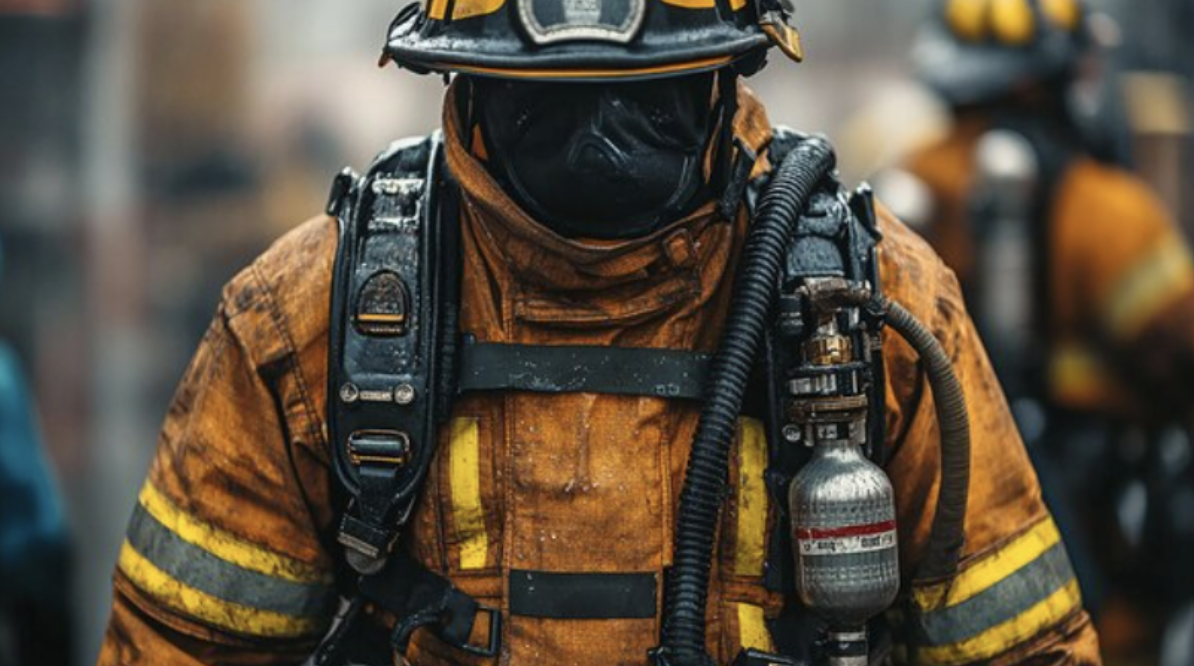F-01 Fireguard Practice Test: Proven Strategies for Exam Success

Fire safety is a critical aspect of both personal and public safety, ensuring that lives, property, and resources are protected from the devastating effects of fire. Whether in residential buildings, commercial properties, or industrial settings, understanding and implementing fire safety measures is not only a legal requirement but also a moral obligation to protect lives.
How F01 Practice Test Supports Fire Safety Professionals
For individuals preparing for the F01 Fireguard exam, the F01 practice test is not just about passing—it’s about understanding how to prevent and manage fire risks. The practice test covers:
- Fire safety codes and regulations.
- Building evacuation procedures.
- Hazard identification.
- Use of fire extinguishers and suppression equipment.
By mastering these topics, candidates become better equipped to handle emergencies and uphold public safety standards.
What is Fire Safety?
Fire safety refers to the set of practices and guidelines aimed at reducing the risk of fires and minimizing their impact when they occur. It involves understanding how fires start, spread, and can be controlled.
Why Fire Safety Matters
1. Saving Lives
The primary goal of fire safety is to protect human life. Fires can spread rapidly, producing toxic smoke and high heat that can be fatal within minutes.
2. Protecting Property
Property damage from fires can result in massive financial loss. Proper fire safety protocols, including the use of sprinkler systems, fireproof materials, and effective building design, can reduce damage and ensure that valuable assets are protected.
3. Legal Compliance
Most countries and states have strict building codes and fire safety regulations. Failure to comply can lead to fines, legal liabilities, and even the closure of businesses.
4. Reducing Environmental Damage
Fires can harm the environment by releasing pollutants and destroying natural habitats. By preventing fires and controlling them quickly, we help reduce their environmental impact.
Fire Safety Principles Everyone Should Know
Even if you’re not pursuing Fireguard certification, understanding basic fire safety principles can save lives. These principles include:
1. The Fire Triangle
For a fire to start, three elements must be present: heat, fuel, and oxygen. Removing any one of these elements will extinguish the fire. Fire safety often focuses on controlling one or more of these elements to prevent or suppress fires.
2. Fire Prevention Measures
- Keep flammable materials away from heat sources.
- Avoid overloading electrical outlets.
- Store chemicals in approved containers and areas.
- Regularly inspect and maintain heating systems and electrical wiring.
3. Early Detection Systems
Smoke alarms and fire detectors provide early warnings that save lives. Testing alarms regularly and replacing batteries as needed is essential.
4. Emergency Preparedness
Developing and practicing an emergency evacuation plan ensures that everyone knows what to do in case of a fire. Fireguards are trained to guide people during such emergencies.
The Role of Fireguards in Fire Safety
Fireguards are the first line of defense when it comes to fire safety in buildings. Their duties include:
- Conducting fire safety patrols to detect hazards.
- Ensuring fire protection systems (e.g., sprinklers and alarms) are operational.
- Keeping exit pathways clear.
- Responding quickly to fire alarms and emergencies.
- Assisting with evacuation procedures.
The F01 practice test ensures that aspiring Fireguards have the necessary skills and knowledge to perform these duties effectively.
Fire Safety in Residential vs. Commercial Settings
Fire safety protocols vary depending on the environment:
Residential Fire Safety:
- Install smoke alarms on every floor.
- Create a family fire escape plan.
- Keep fire extinguishers in kitchens and garages.
- Avoid unattended cooking and open flames.
Commercial Fire Safety:
- Conduct regular fire drills for employees.
- Maintain emergency lighting and fire exits.
- Ensure fire extinguishers are accessible and staff are trained to use them.
- Employ certified Fireguards when required by law.
The Future of Fire Safety
With advancements in technology, fire safety continues to evolve. Smart fire detection systems, AI-powered hazard monitoring, and advanced suppression systems are making buildings safer. However, human oversight—especially from trained professionals with certifications like the F01—is still irreplaceable.
Steps to Enhance Fire Safety Knowledge
1. Continuous Education:
Stay updated on fire safety regulations and best practices through training programs.
2. Use of F01 Practice Test:
Preparing for the Fireguard exam with a practice test ensures that all aspects of fire safety protocols are thoroughly understood.
3. Hands-On Experience:
Practical experience is as important as theoretical knowledge. Fire safety drills and simulations help individuals gain real-world skills.
4. Stay Informed About Equipment:
Learn to operate various types of fire extinguishers, alarm systems, and suppression tools.
Conclusion
Fire safety is not just a legal requirement—it is a life-saving responsibility. Whether you are a building owner, manager, or aspiring Fireguard, understanding the fundamentals of fire safety can prevent disasters and protect lives.
Miss Clipping Out Stories to Save for Later?
Click the Purchase Story button below to order a print of this story. We will print it for you on matte photo paper to keep forever.

